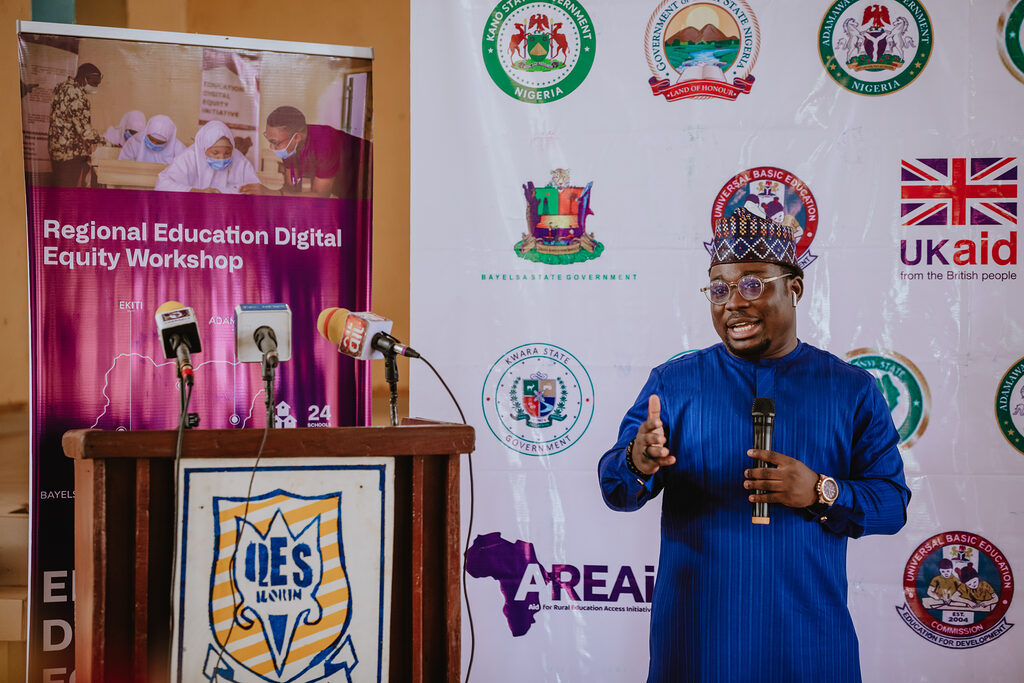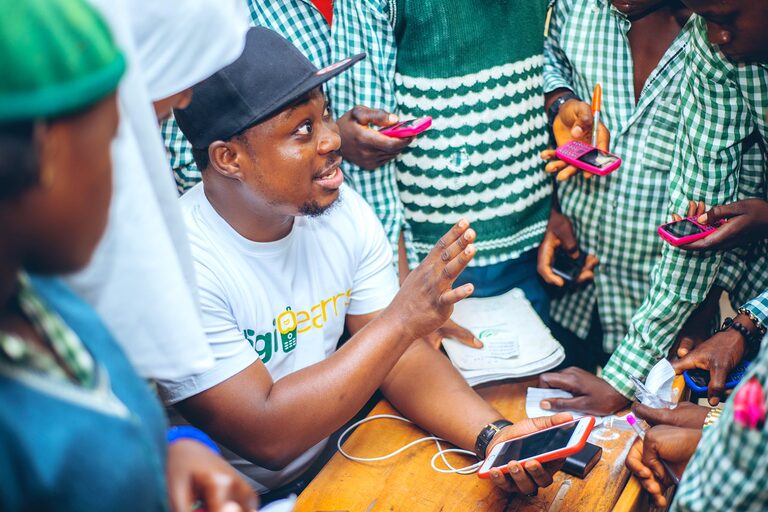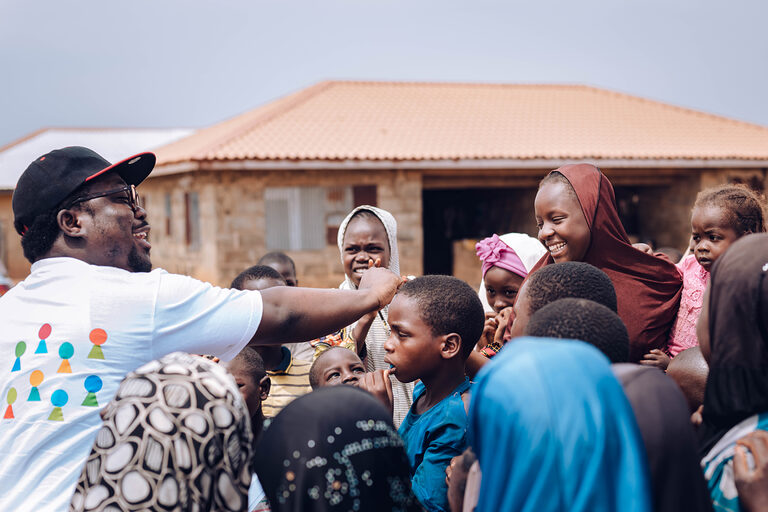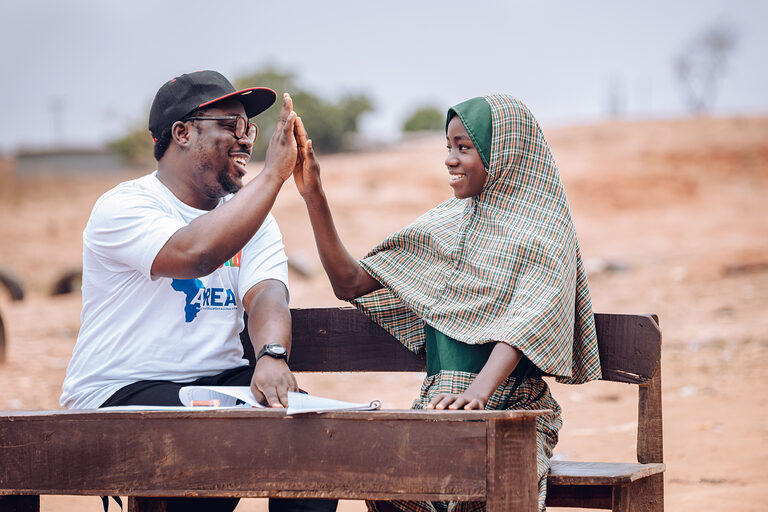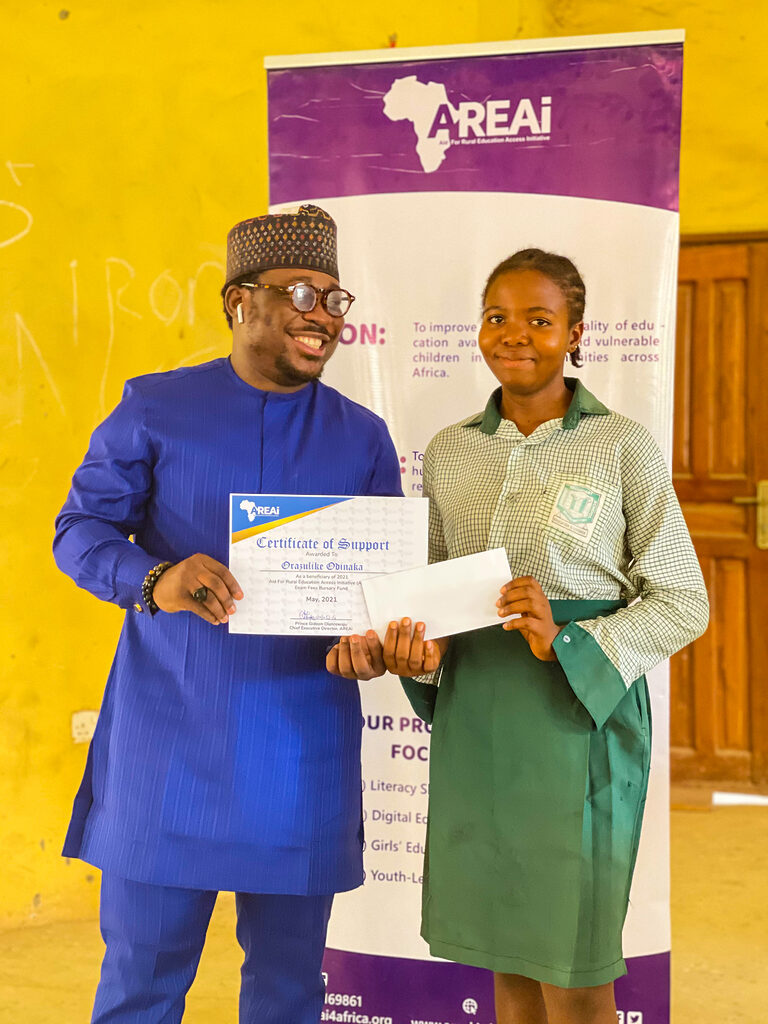
Oyo State
Target Population:
10,000 girls from 30 schools
from 3 Senatorial District of
Oyo State
An integrated school-to-community intervention aimed at increasing girls’ attendance and retention rates through grassroots organizing, resource mobilisation and policy advocacy while improving learning quality using technology-supported teacher professional development and digital learning access.
